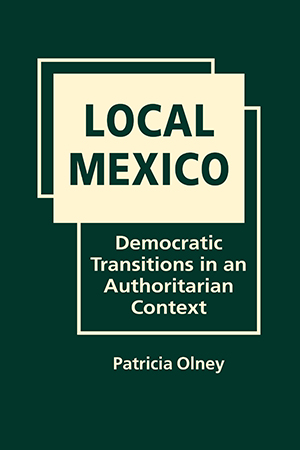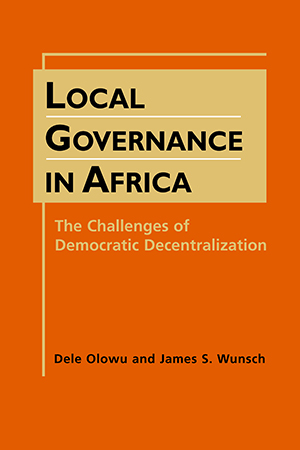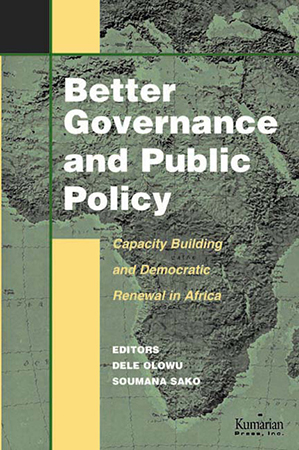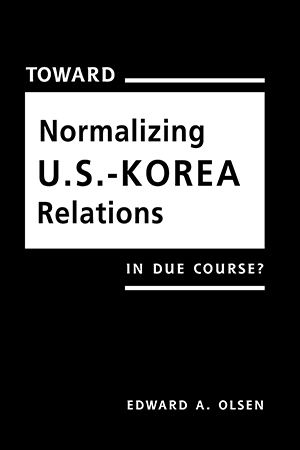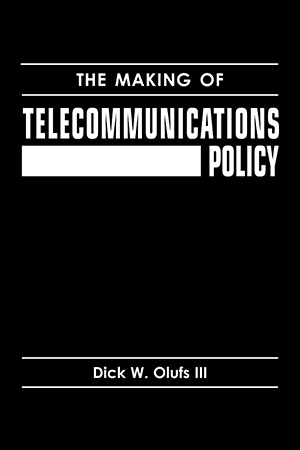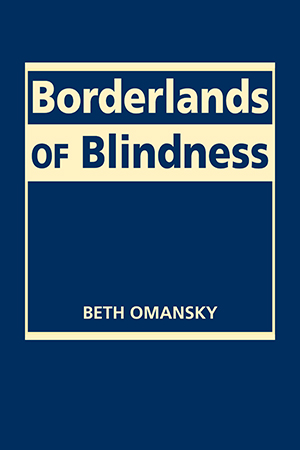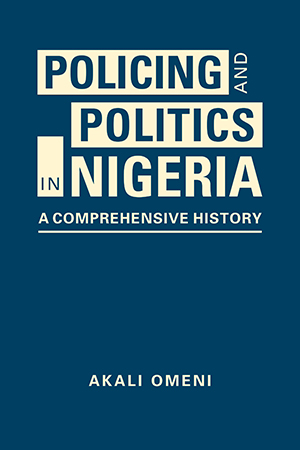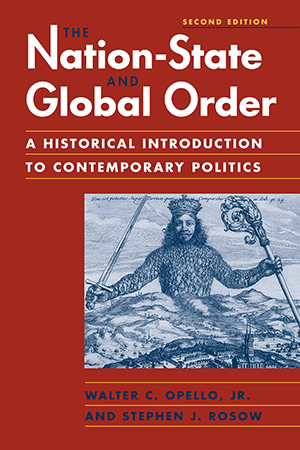BOOKS
Sandia National Laboratories is one of the primary providers of the science, technology, and engineering capabilities needed to ensure both US and global security. Its mandate has moved far More >
Vicente Fox's 2000 election to the presidency in Mexico marked the end of more than 70 years of rule by the PRI, overturning what some observers referred to as "the perfect More >
The first in a series of "inside" histories, Peacekeeping in Sierra Leone relates how a small country—one insignificant in the strategic considerations of the world More >
Why have some decentralization reforms led to viable systems of local governance in Africa, while others have failed? Exploring this question, the authors outline the key issues involved, More >
Exploring the relationship between governance and development policy, the authors of this collection describe recent governance changes in a range of African countries, analyze the More >
Considering the future of U.S.-Korea relations, Edward Olsen first provides a rich assessment of the political, economic, and strategic factors that have shaped—and flawed—U.S. More >
The Making of Telecommunications Policy examines the history, politics, and impact of telecommunications policy. Beginning with a comparison of several alternate views of the future, Olufs More >
A person may be legally blind, yet not "blind enough" to qualify for social services. Beth Omansky explores the lives of legally blind people to show how society responds to those More >
Close to the center of politics since the nineteenth century, the Nigeria Police Force (NPF) has grown to become the country’s main security agency. Akali Omeni traces the checkered More >
This engaging introduction to contemporary politics examines the historical construction of the modern territorial state. Opello and Rosow fuse accounts of governing practices, technological More >




